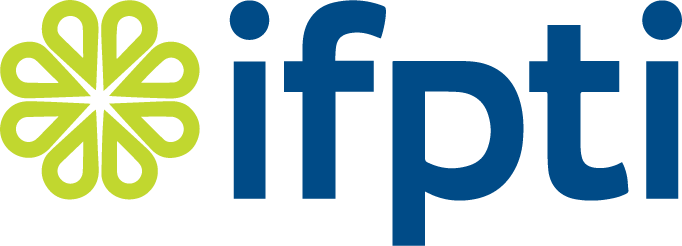Laboratory NCS
Entry Core
Chain of Custody
Description: Documentation that chronologically details sample collection through disposition to support traceability, sample integrity, and sample security.
Competencies by Topic Area:
Click on a competency to expand details and to view all approved learning resources.


